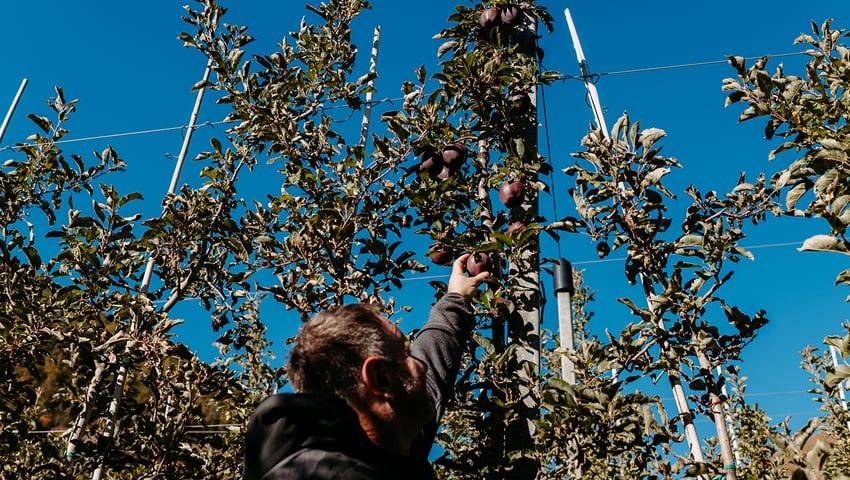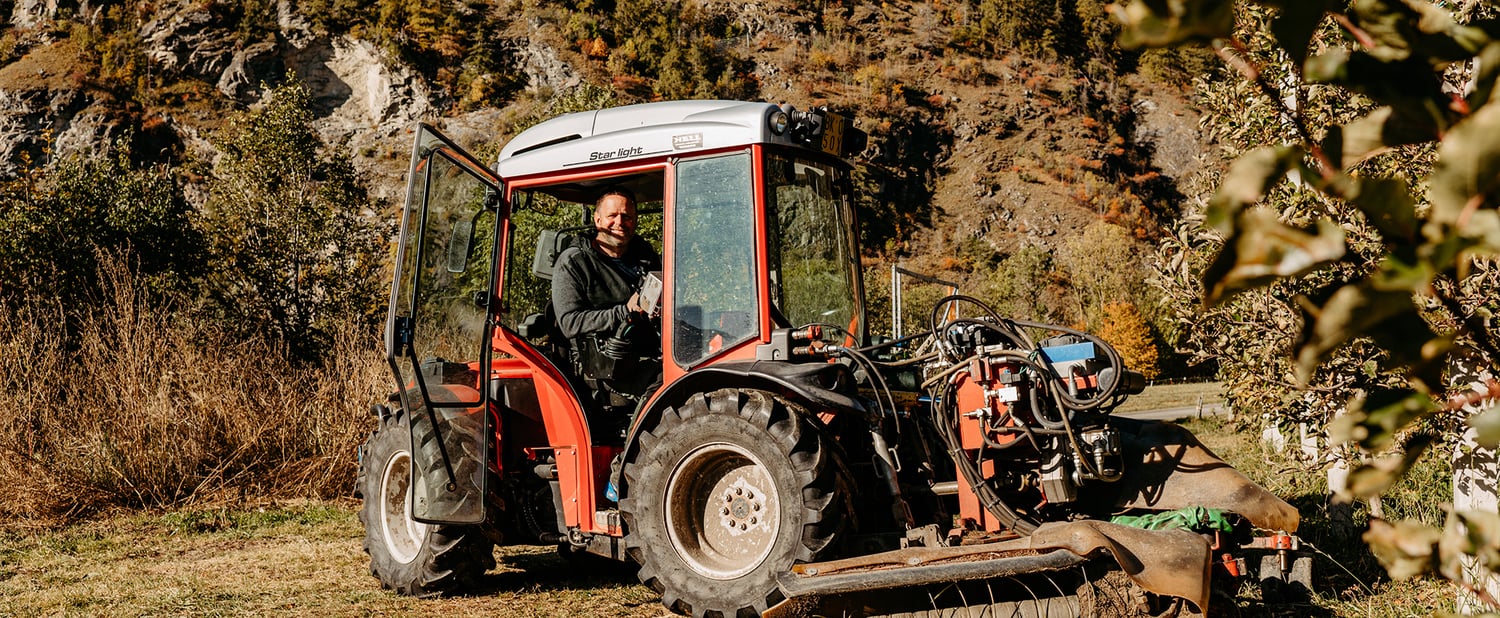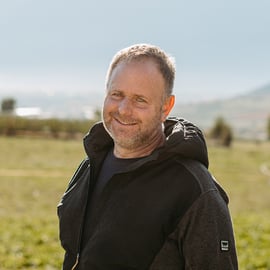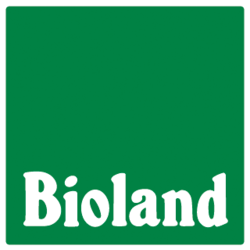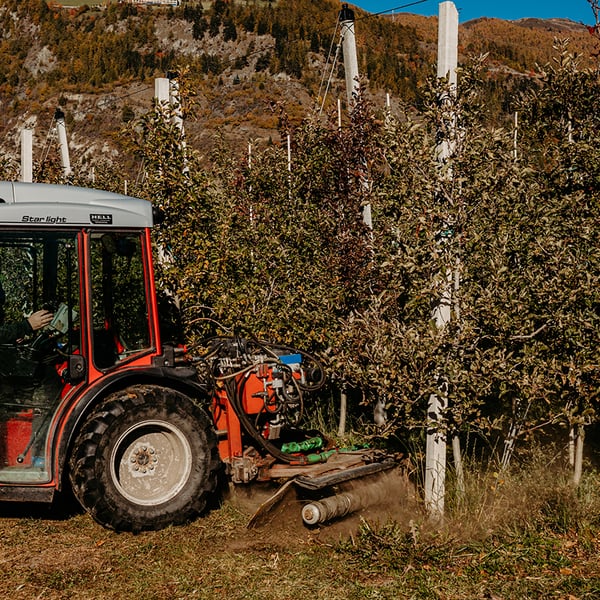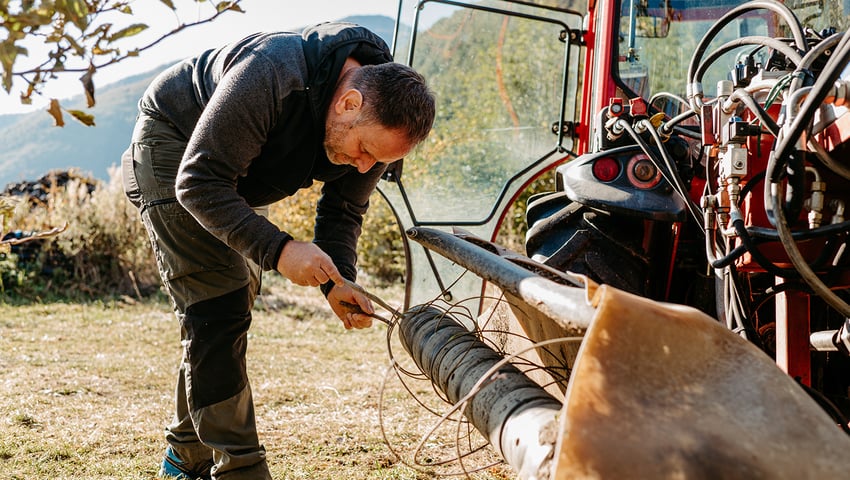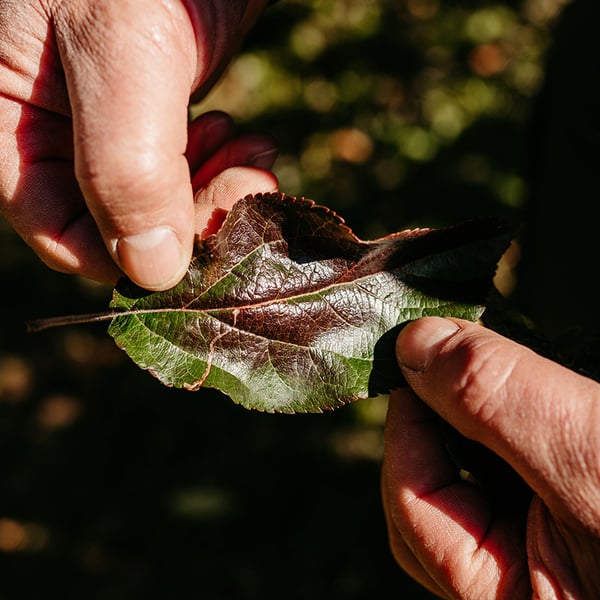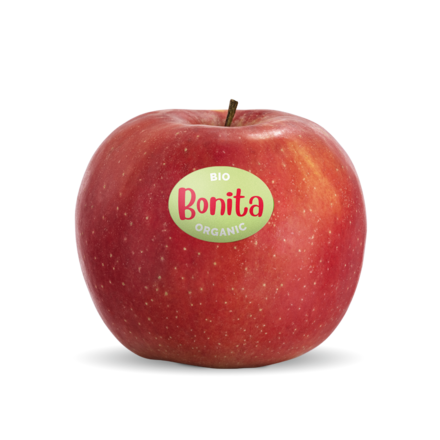My story
Flori, you're also a beekeeper with your own certified organic honey production. Was that one of the reasons you converted your apple orchards to organic?
Not the only reason – I’ve always used plant protection products very sparingly. But of course, to produce certified organic honey, bees need to collect their nectar – their food – from organically managed meadows. So we first converted my wife’s orchards in Sluderno and Malles to organic, and later also my own orchards around Laas and Glurns.
As a beekeeper, do you pay special attention to making your apple orchards bee-friendly?
Beekeeping and apple growing are closely connected, and I certainly pay more attention to certain factors. For example, I let more grasses bloom between the trees, leave the strips between the rows unmowed for longer, delay soil work under the trees until right before thinning, and avoid using plant protection products while the bees are flying. Many farmers around Laas are beekeepers themselves – here, protecting bees and growing apples go hand in hand.
In the Vinschgau, fruit growers work closely with beekeepers...
Yes, there's a lot of exchange between VIP, the cooperatives and the beekeepers in our dedicated beekeeper group. The more we raise awareness about bee protection, the better things work out. Just recently, we sowed several bee pastures here in Laas. These provide a food source for the bees in the time between the apple blossom and the move to the alpine pastures.
